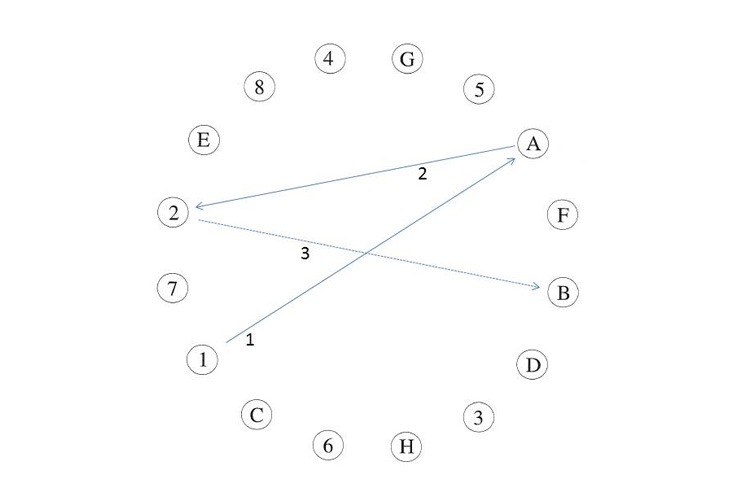Concept Shifting Task (CST)
In clinical neuropsychology psychologist still rely on classic paper and pencil tests to measure cognitive (information processing by the brain) performance. A lot of these tests are used for decades in research and clinical work and have produced an immense amount of data on brain-behaviour relationships. Paper and pencil tests (P&P tests) have important disadvantages: they are time consuming to administer, transforming raw data to reference data (=meaningful data) is prone to mistakes and data have to be manually entered into databases to store and make them ready for research. In Maastricht, the classic Concept Shifting Test (CST) was developed in the early 80’s of the last century. The CST measures attention, working memory performance and mental flexibility. Earlier attempts to computerize this test have been successful, but problems with using the historical valuable reference data collected with this test are still not resolved.
We examine an updated version of this classic test using modern computer technique to make the administration of this test more reliable, efficient and accurate. The project is an example of a collaboration between the Neuropsychology section and the Instrumentation Engineering department. Join us for some hand on experience with this test!

